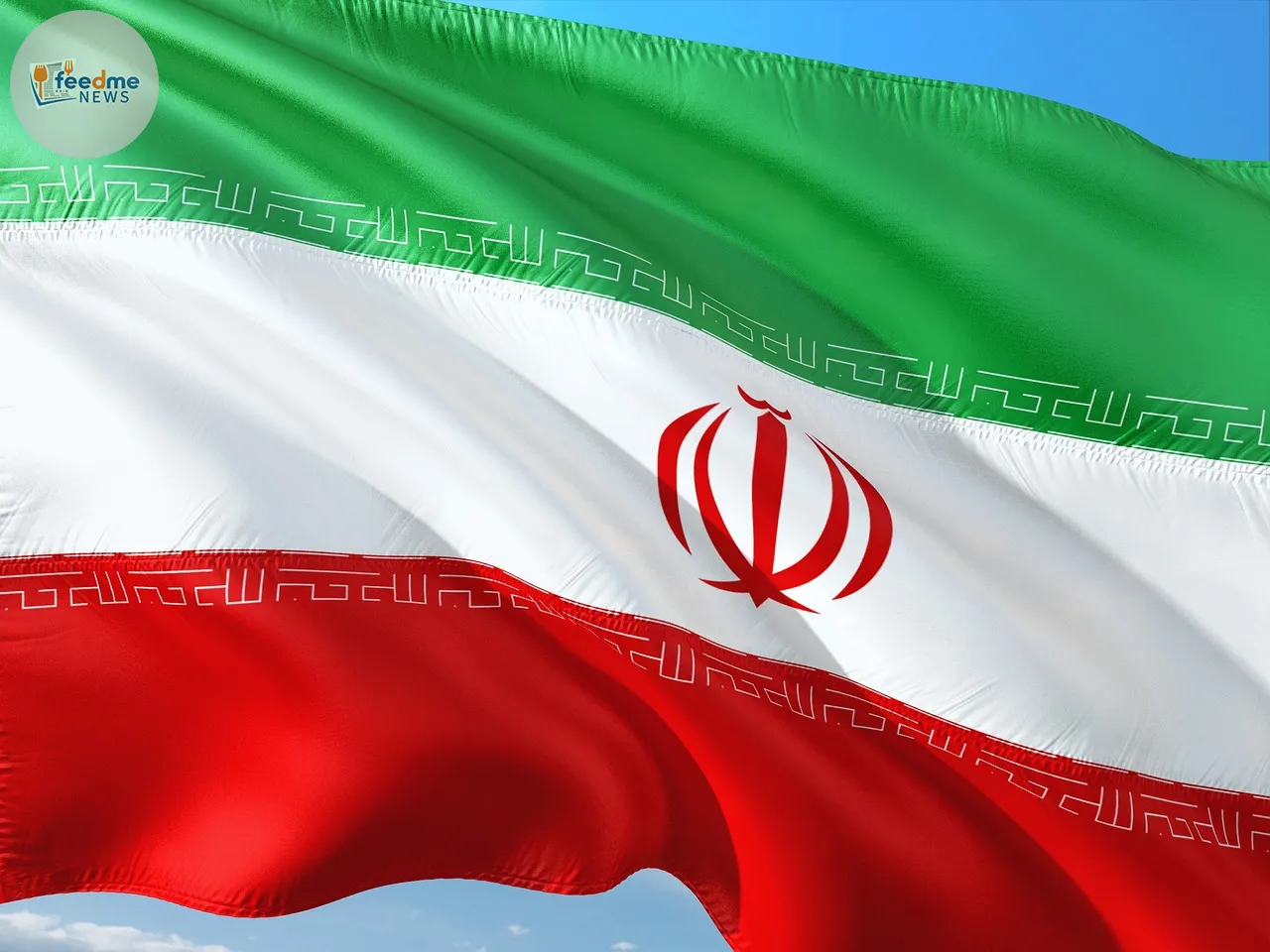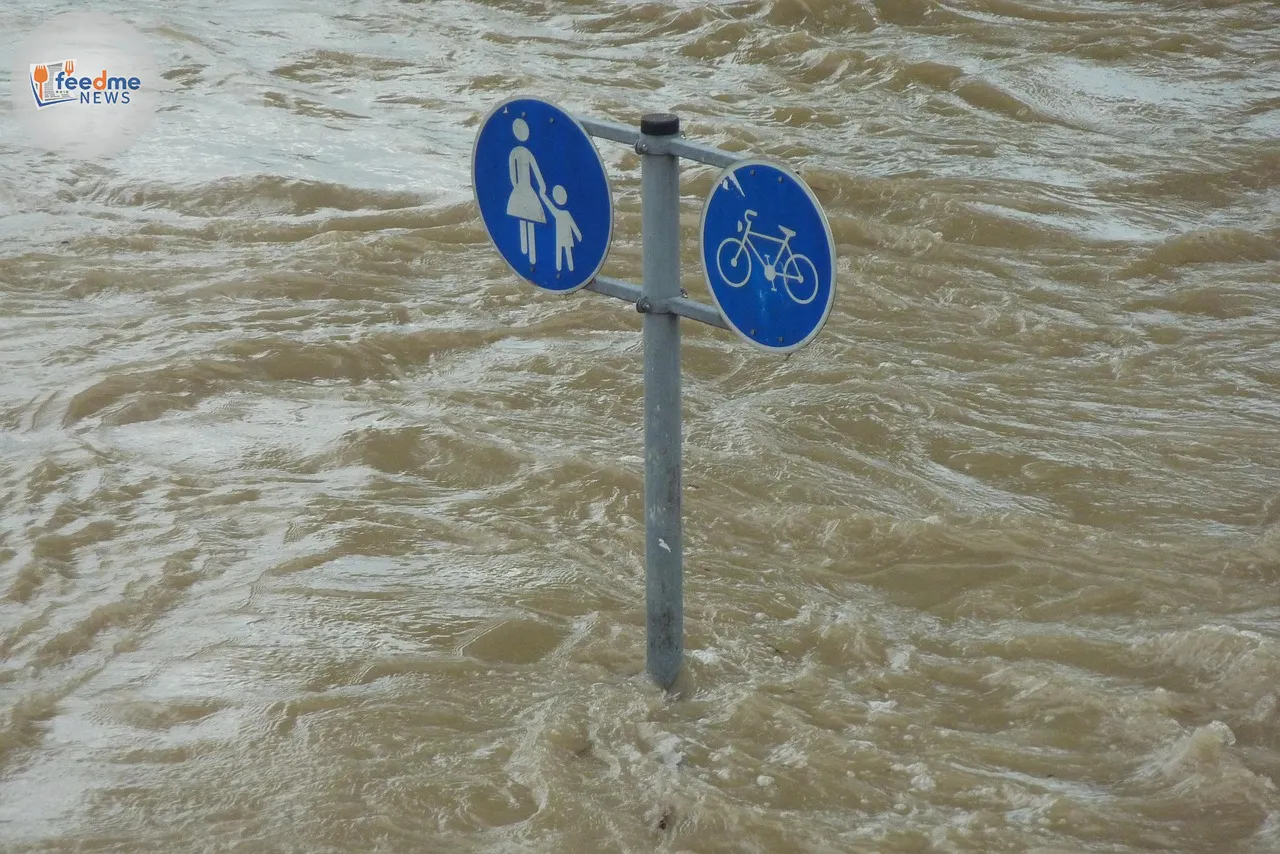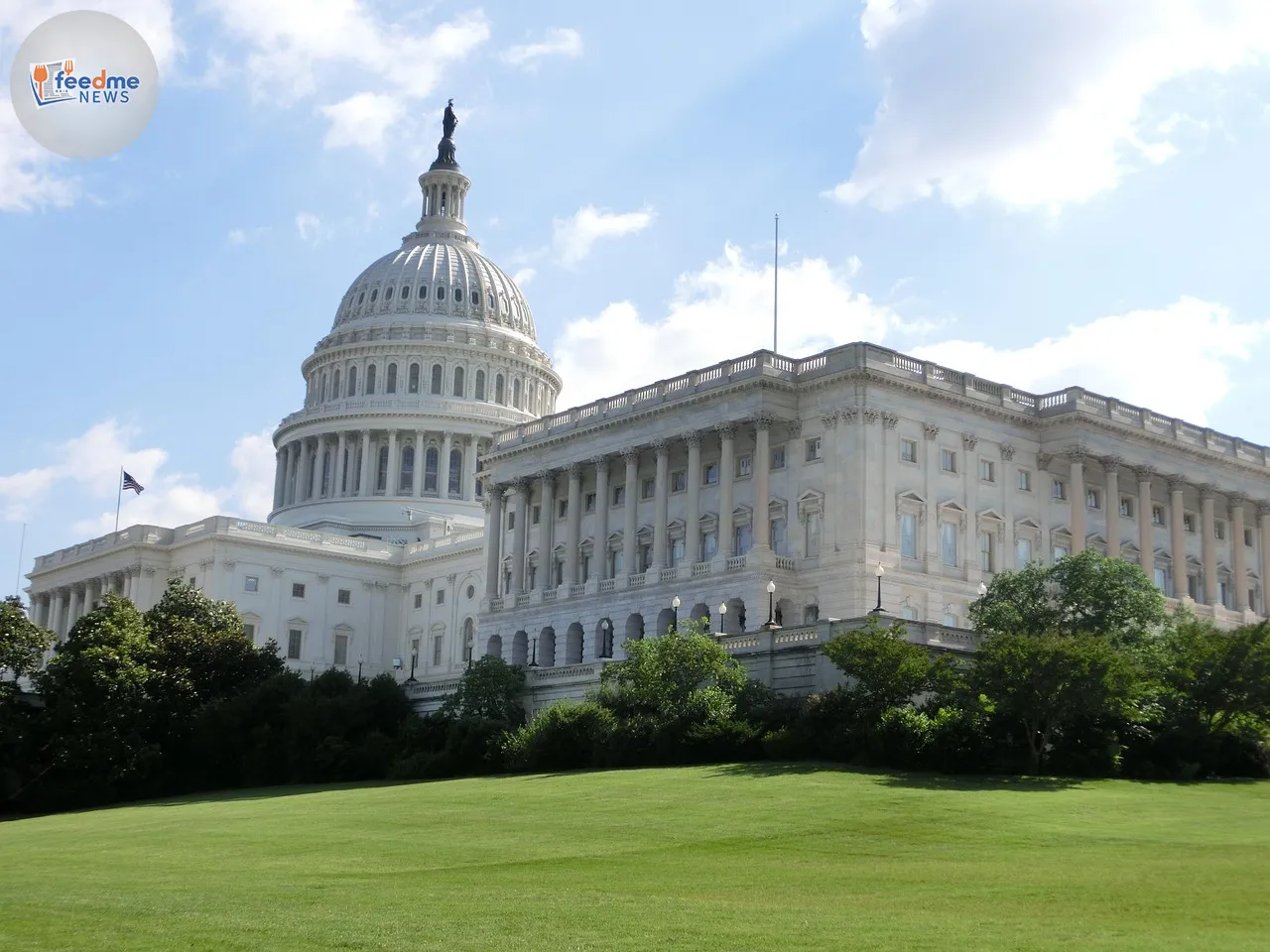In a dramatic escalation of Middle Eastern tensions, Israel has launched a series of military strikes targeting Iran’s nuclear facilities and key military figures. The Israeli Defence Forces (IDF) claim to have hit Iran’s main enrichment facility in Natanz, a critical site in Iran’s nuclear programme. This operation marks a significant development, with Israeli Prime Minister Benjamin Netanyahu declaring it a pivotal moment in Israel’s history. Among the casualties is Major General Hossein Salami, the head of Iran’s Islamic Revolutionary Guard Corps, whose death has ignited vows of revenge from Iran.
A Night of Strikes: Israel Targets Iran’s Nuclear Ambitions
The strikes occurred late Thursday night, with reports of explosions in Tehran and other locations across Iran. The Israeli government asserts that the operation targeted dozens of sites linked to Iran’s nuclear capabilities, aiming to cripple its ability to produce nuclear weapons. “This operation will continue for as many days as it takes,” Netanyahu stated, emphasising the critical nature of the mission.
Iranian state media confirmed the death of several military commanders and nuclear scientists, describing the attack as a severe blow to the nation. The Iranian government has condemned the strikes, calling them an act of war and promising retaliation. The situation has heightened fears of a broader conflict in the region, with international leaders urging restraint.

The Timing and Location: A Calculated Move
The timing of the strikes is significant, occurring amid ongoing tensions over Iran’s nuclear ambitions. Natanz, located in central Iran, is a known hub for uranium enrichment and has been a focal point of international scrutiny. The attack on this facility is seen as a strategic move by Israel to thwart Iran’s nuclear progress.
Tehran, the capital city, bore the brunt of the assault, with reports of extensive damage to military installations. Images emerging from the city show substantial destruction, particularly in the northern districts. The strikes have not only targeted nuclear sites but also key military figures, underscoring Israel’s intent to dismantle Iran’s military leadership.
Reactions from Iran: Vows of Retaliation and Mourning
In the aftermath of the strikes, Iran’s leadership has vowed to retaliate. The death of Major General Hossein Salami, a pivotal figure in Iran’s military hierarchy, has sparked outrage. Iranian President Ebrahim Raisi has labelled the attack a “cowardly act” and promised a “harsh response.”
Public mourning for the slain commander has been widespread, with thousands gathering in Tehran to pay their respects. The government has called for unity in the face of aggression, urging citizens to stand firm against external threats. Analysts suggest that Iran’s response could take various forms, ranging from direct military action to asymmetric warfare through proxy groups in the region.
International Reactions: Calls for Restraint and Diplomacy
The international community has reacted with concern, urging both nations to exercise restraint. The United Nations Security Council is expected to convene an emergency session to address the escalating situation. World leaders, including those from the United States and European Union, have called for diplomatic solutions to prevent further conflict.
Experts warn that the strikes could have far-reaching implications, potentially destabilising an already volatile region. The potential for a broader conflict looms large, with neighbouring countries closely monitoring developments. The situation underscores the fragile state of Middle Eastern geopolitics and the urgent need for diplomatic engagement.
The Path Forward: Uncertain Times Ahead
As the dust settles, the future remains uncertain. Israel has signalled its commitment to preventing Iran from acquiring nuclear weapons, while Iran’s vow of retaliation suggests the conflict is far from over. The strikes have highlighted the deep-rooted tensions between the two nations and the complexities of regional politics.
In the coming days, the focus will likely shift to diplomatic efforts aimed at de-escalating the situation. However, with emotions running high and both nations standing firm, the path to peace remains fraught with challenges. The international community will play a crucial role in mediating tensions and averting a larger conflict.
As the world watches, the stakes are high. The outcome of this confrontation could shape the geopolitical landscape of the Middle East for years to come. The need for dialogue and diplomacy has never been more critical, as the region stands at a crossroads between war and peace.






